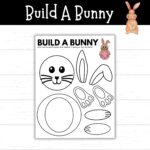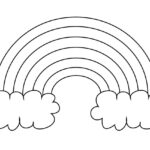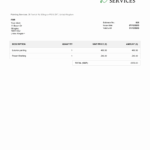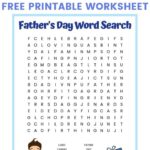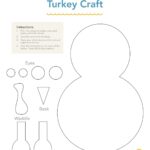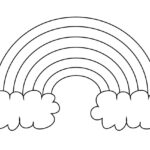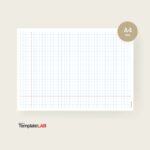Hey there, are you looking for some fun and free activities to keep your kids engaged and learning? Printable worksheets are a fantastic way to sneak in some extra practice while having a good time!
Whether you’re a parent, teacher, or student, free fill in puzzles printable are a great option to challenge your brain and improve critical thinking skills. Plus, they’re easy to access and perfect for on-the-go learning!
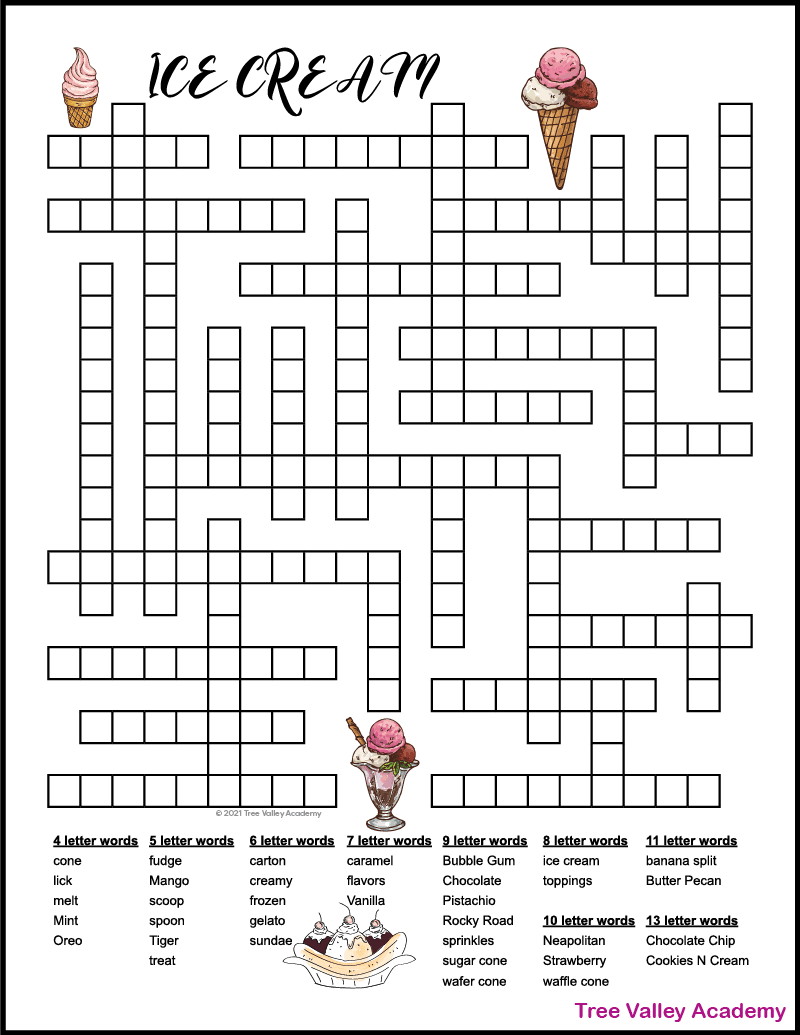
free fill in puzzles printable
Free Fill in Puzzles Printable
With a variety of themes and difficulty levels available, fill in puzzles are a versatile option for learners of all ages. From math and language arts to logic and spatial reasoning, there’s something for everyone to enjoy!
These printable worksheets are not only entertaining but also educational. They can help improve vocabulary, spelling, problem-solving abilities, and even boost memory retention. Plus, they’re a screen-free option that can be done anywhere!
So, why not give free fill in puzzles printable a try today? Simply download, print, and start puzzling away. It’s a simple and effective way to add some learning fun to your day!
Feel free to explore different types of printable worksheets to find what works best for you and your learners. Whether you’re looking to reinforce a specific skill or just have some fun, there’s a printable worksheet out there for everyone. Happy puzzling!
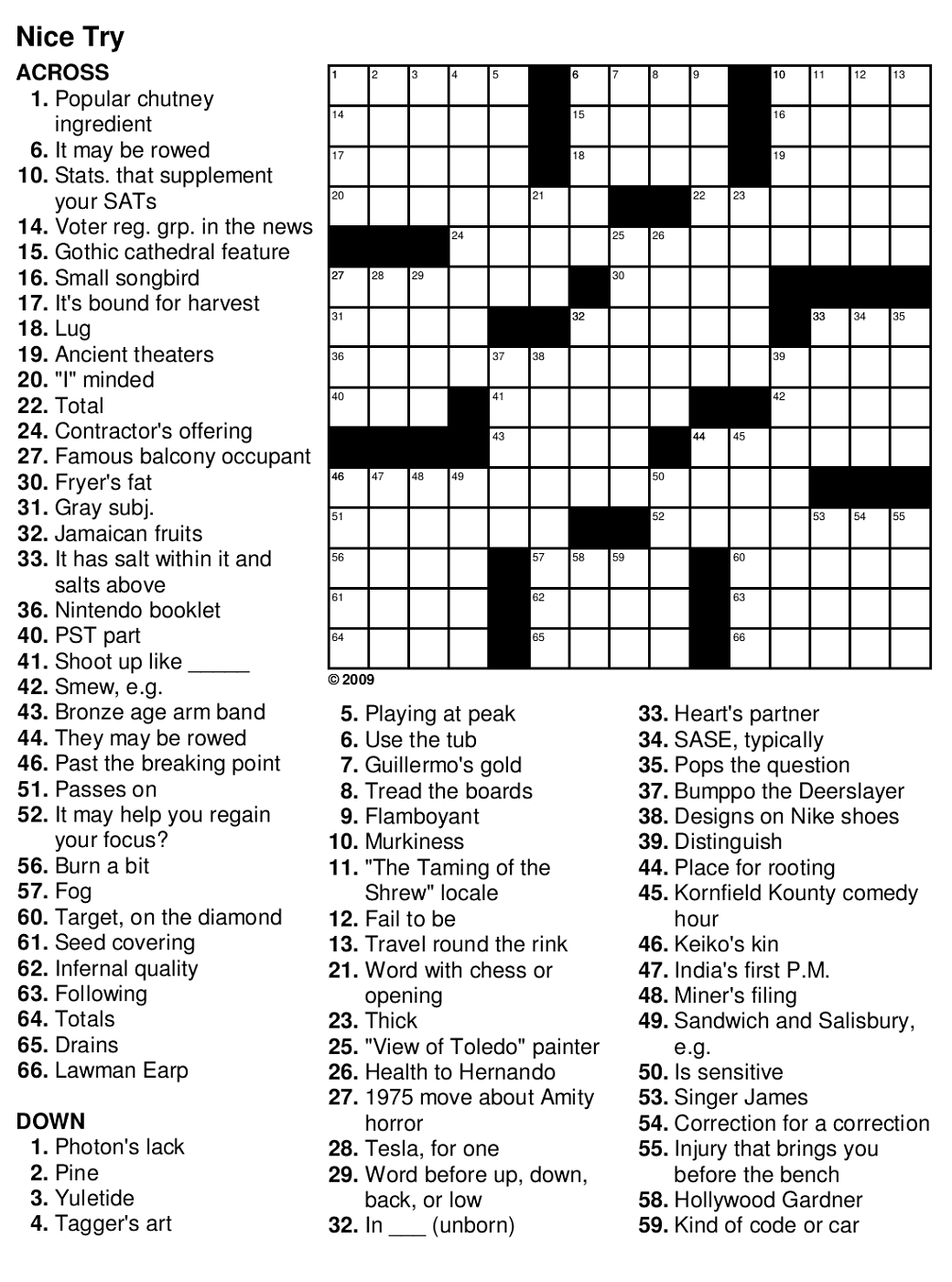
Fill In Puzzles Free Printable Printable Party Favors
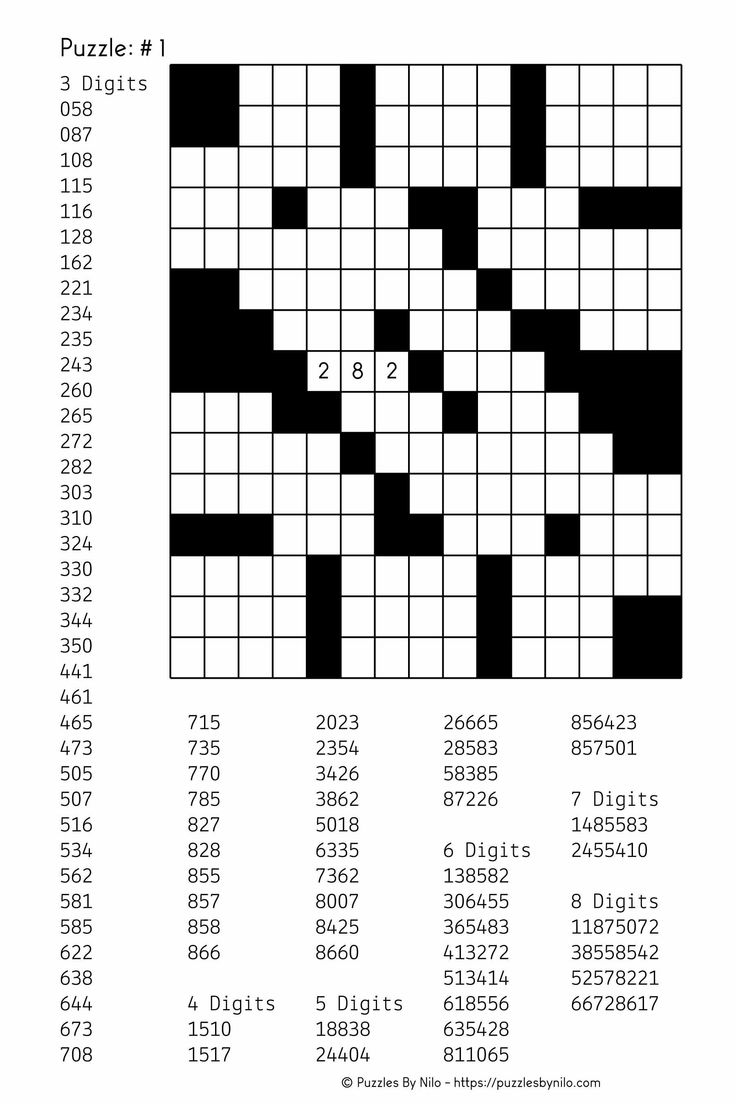
Regardless of your learning method, free fill in puzzles printable brings clarity to tasks.
With easy-to-use files, it’s easy to keep scheduling every day.
Awesome Word Fill Ins Printable In The World Check This Guide
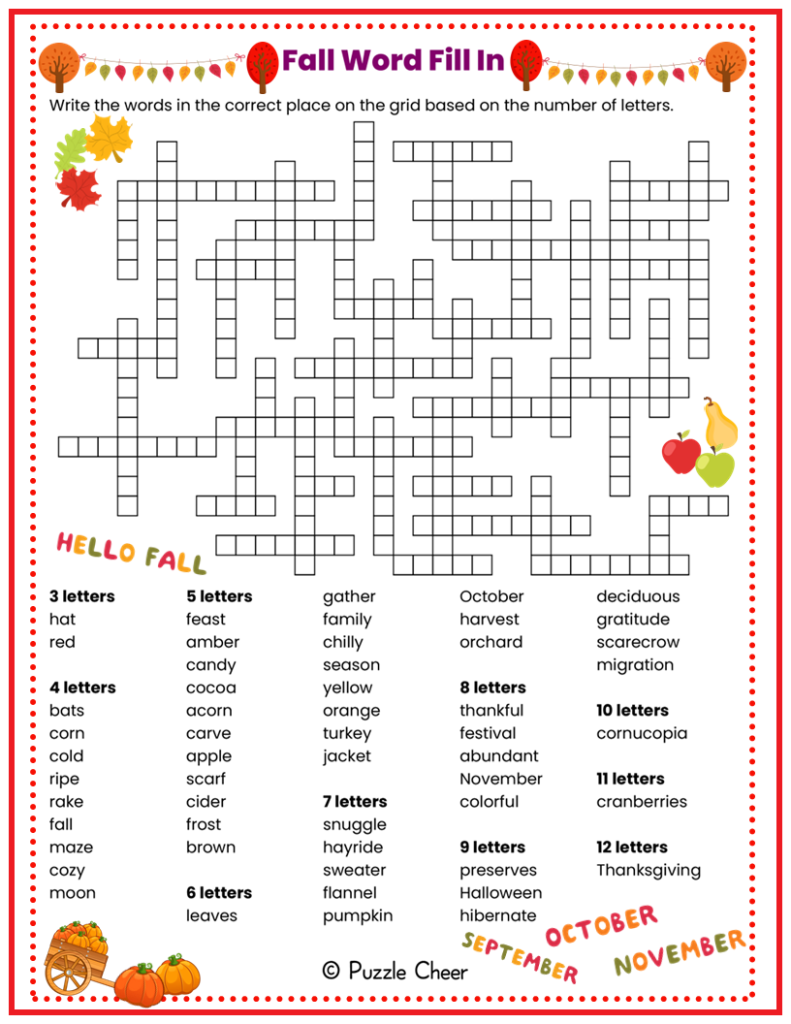
Fall Word Fill In Puzzle Puzzle Cheer
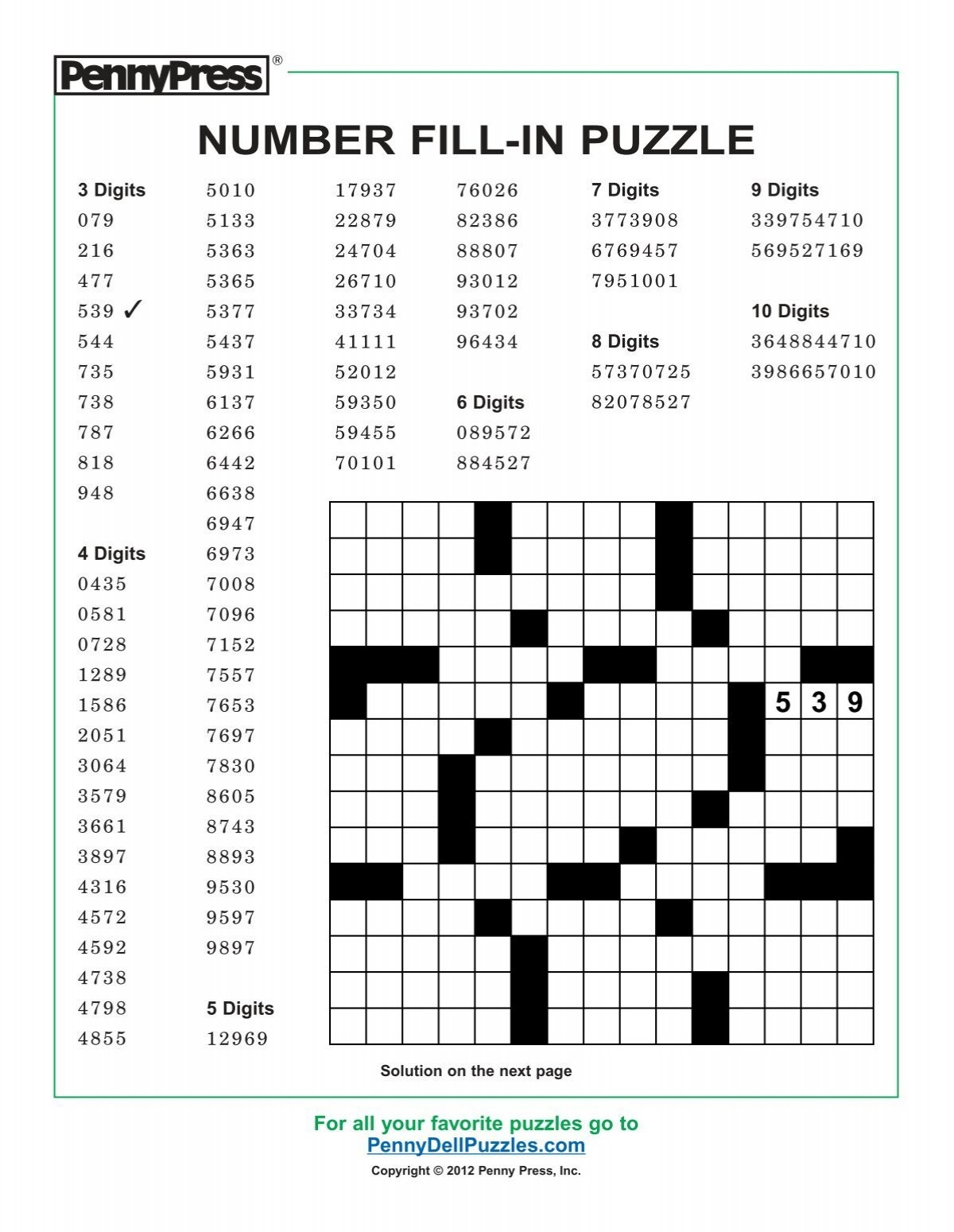
Fill In Puzzles Free Printable Printable Party Favors
Keep coming back to free fill in puzzles printable for inspiring pages and unlock productive habits.
Whether it’s for creative time, free fill in puzzles printable is your printable companion. Click, and make learning fun again!
